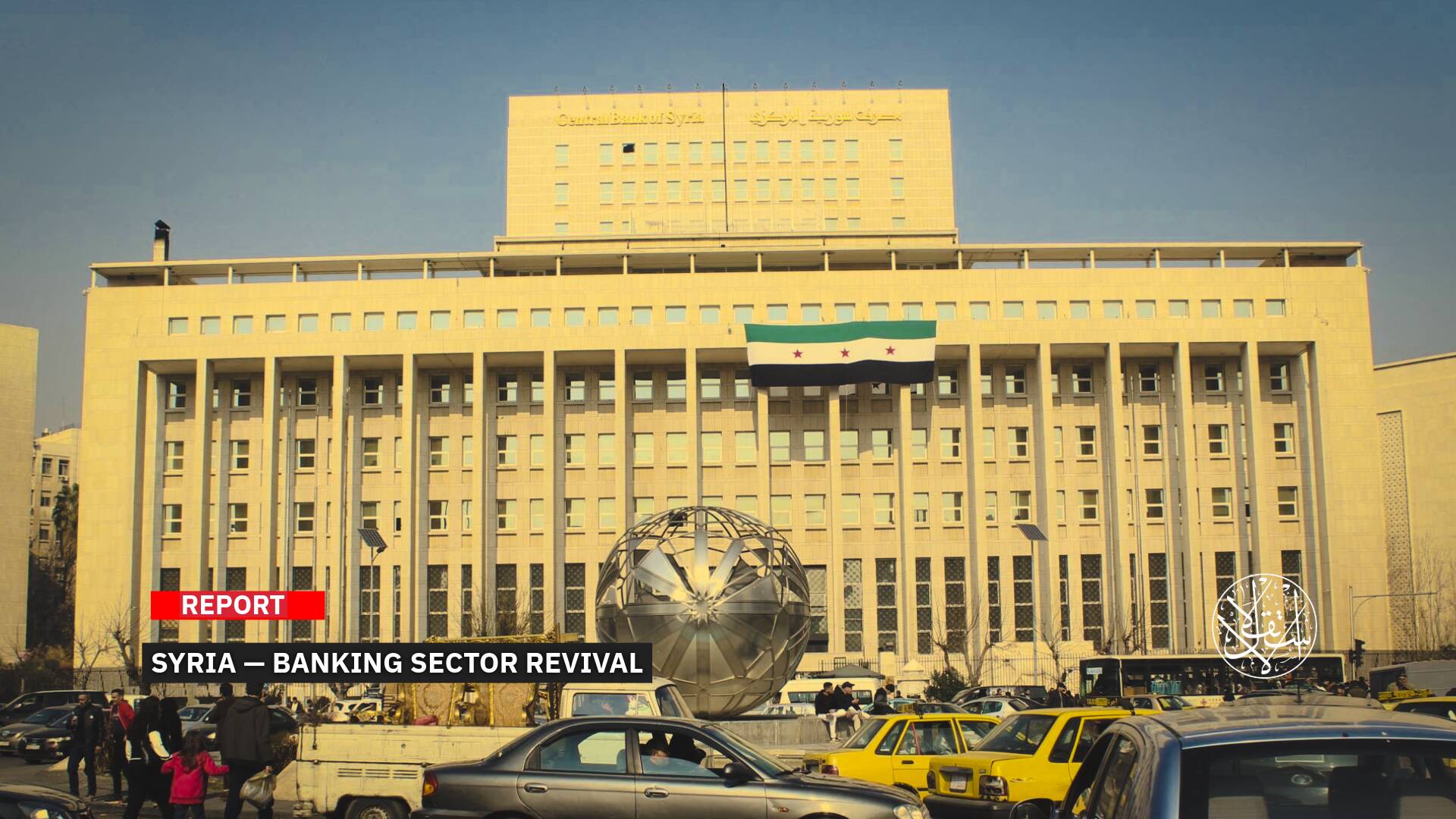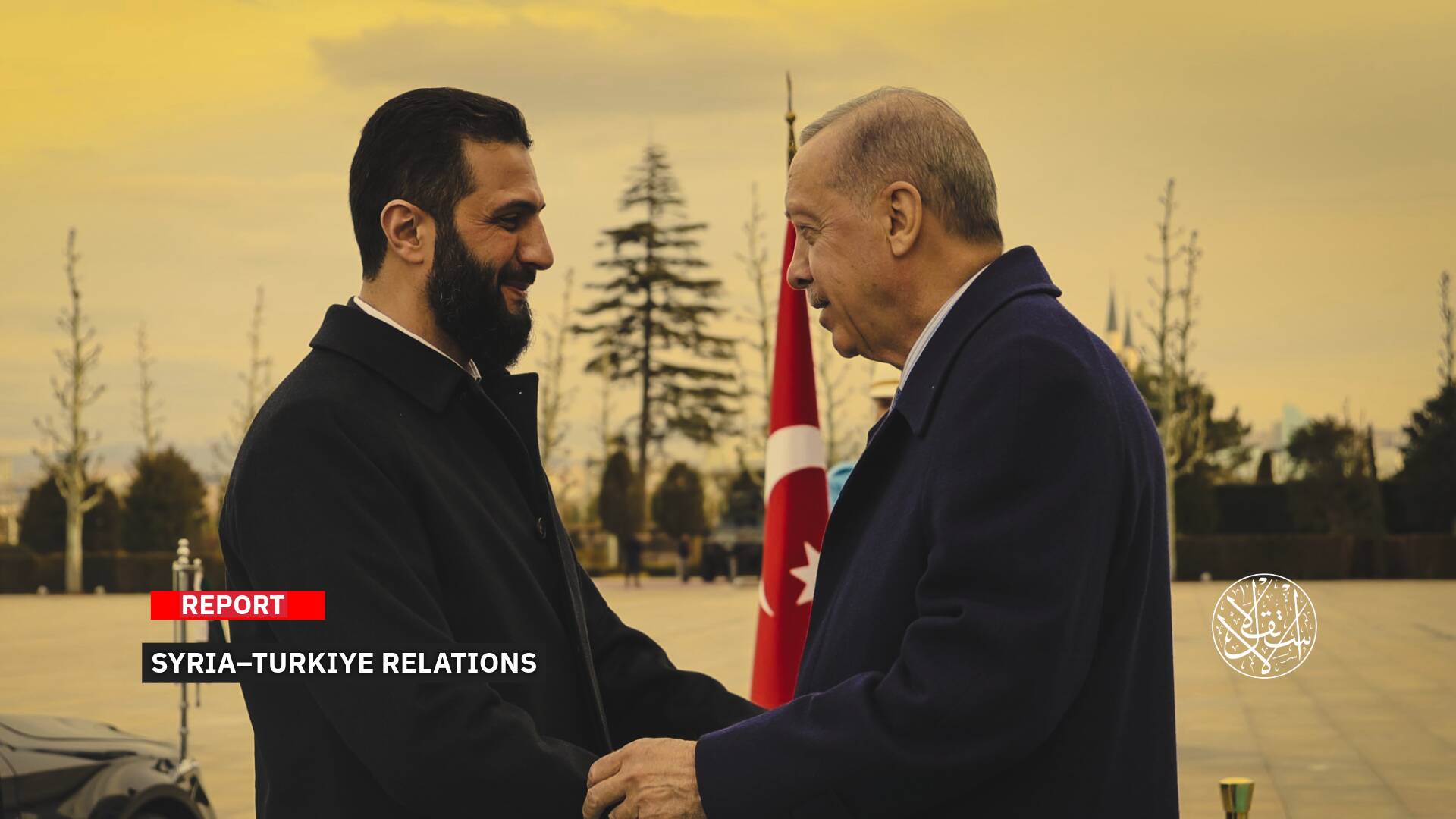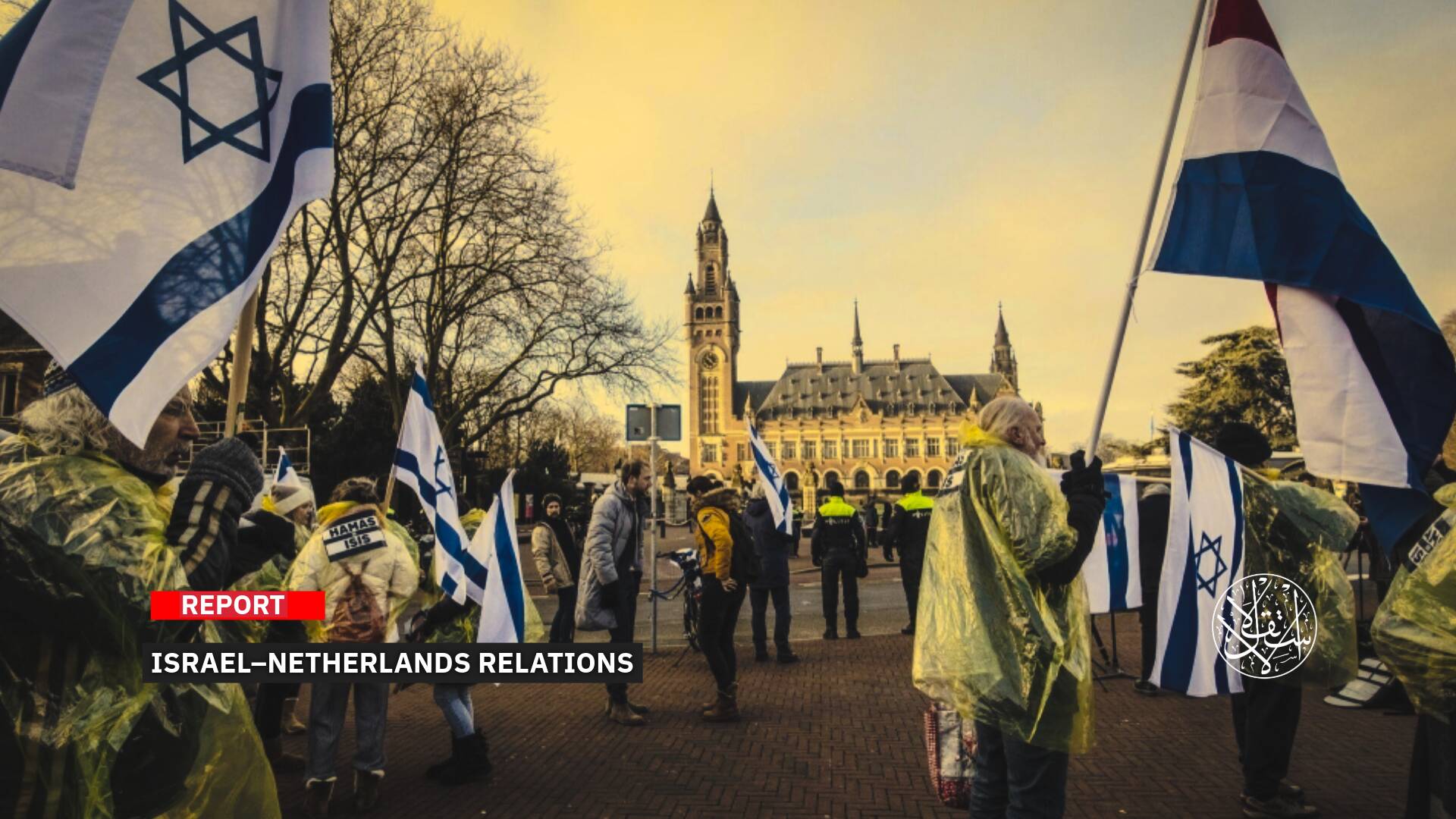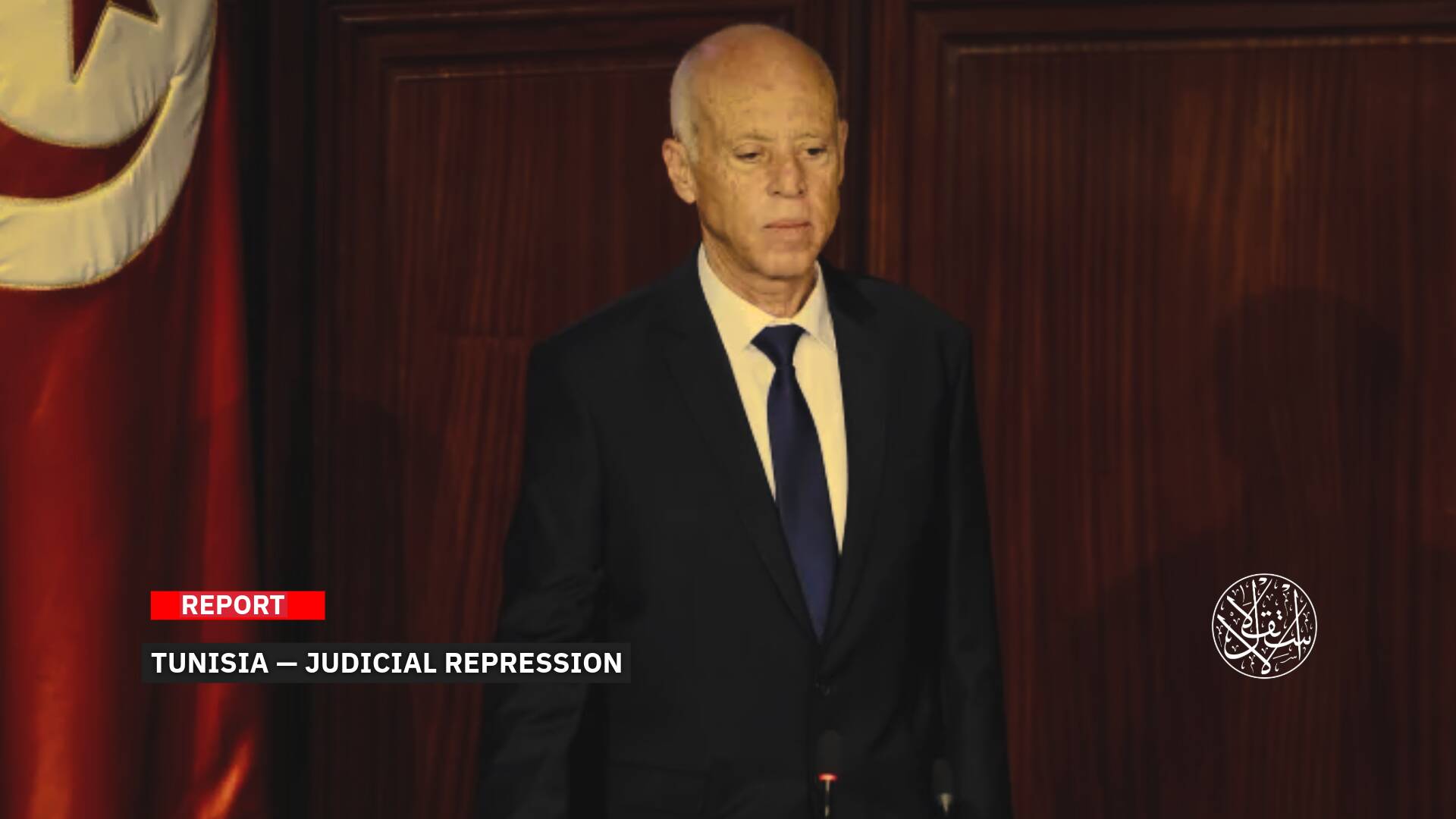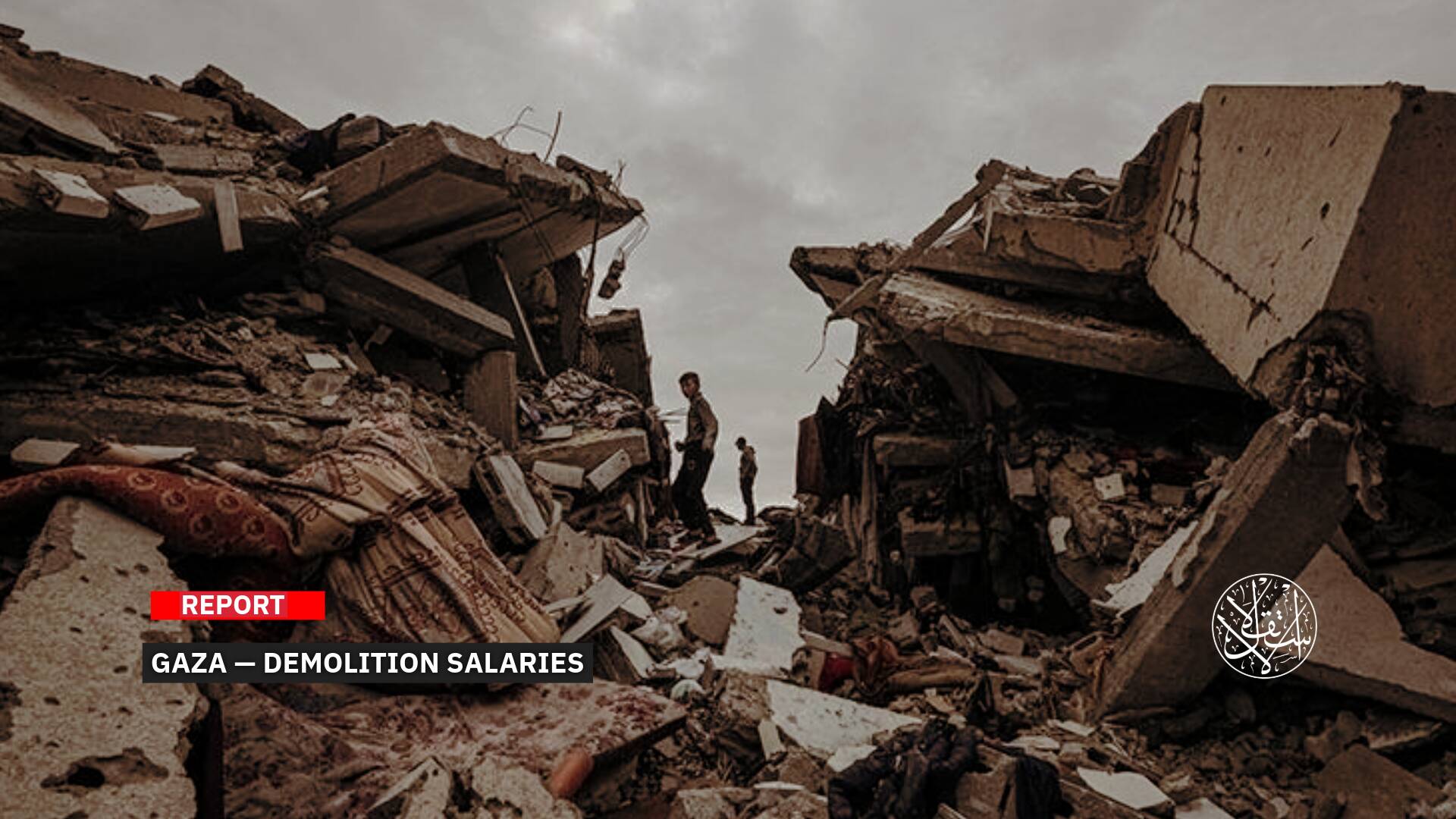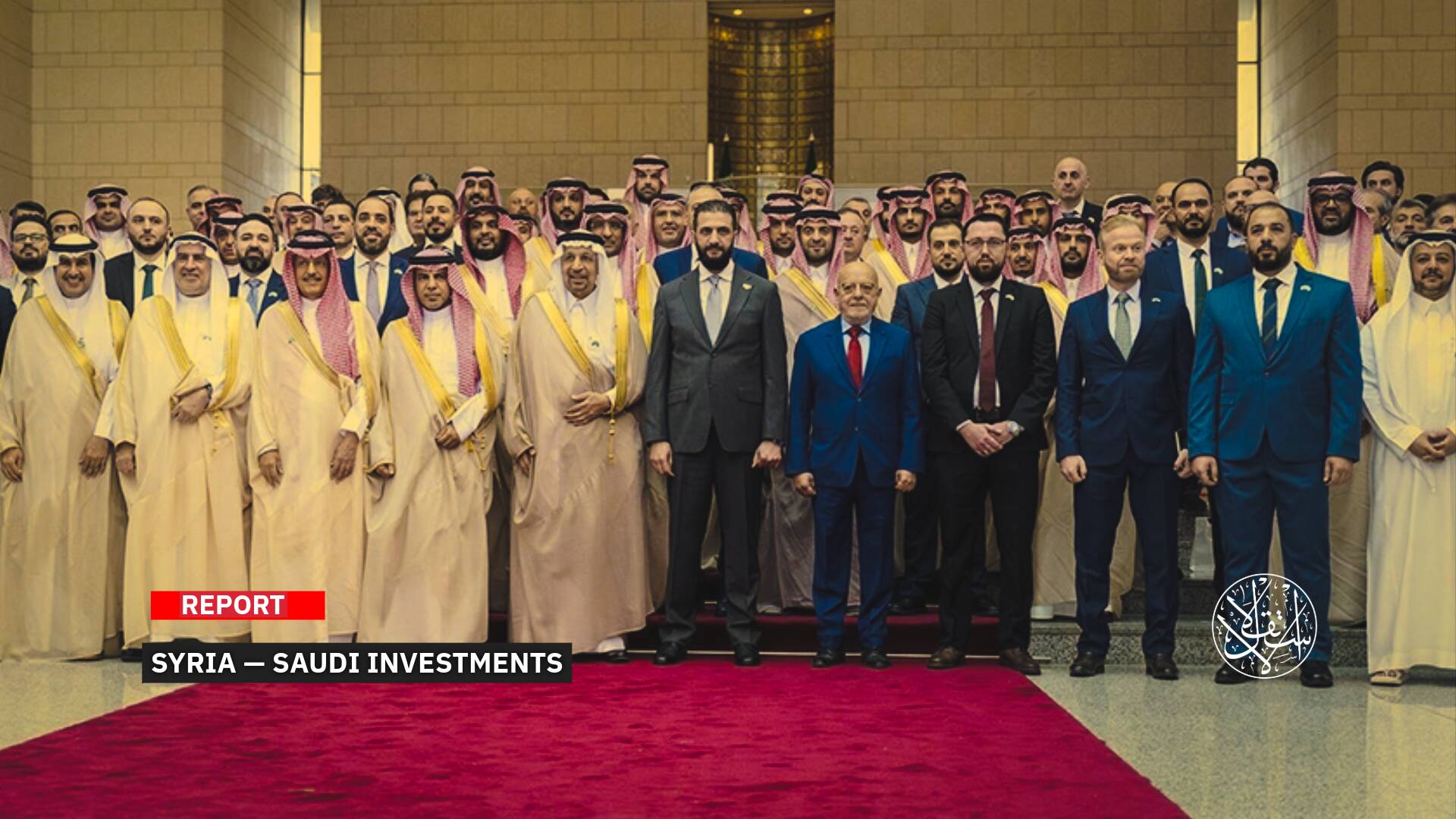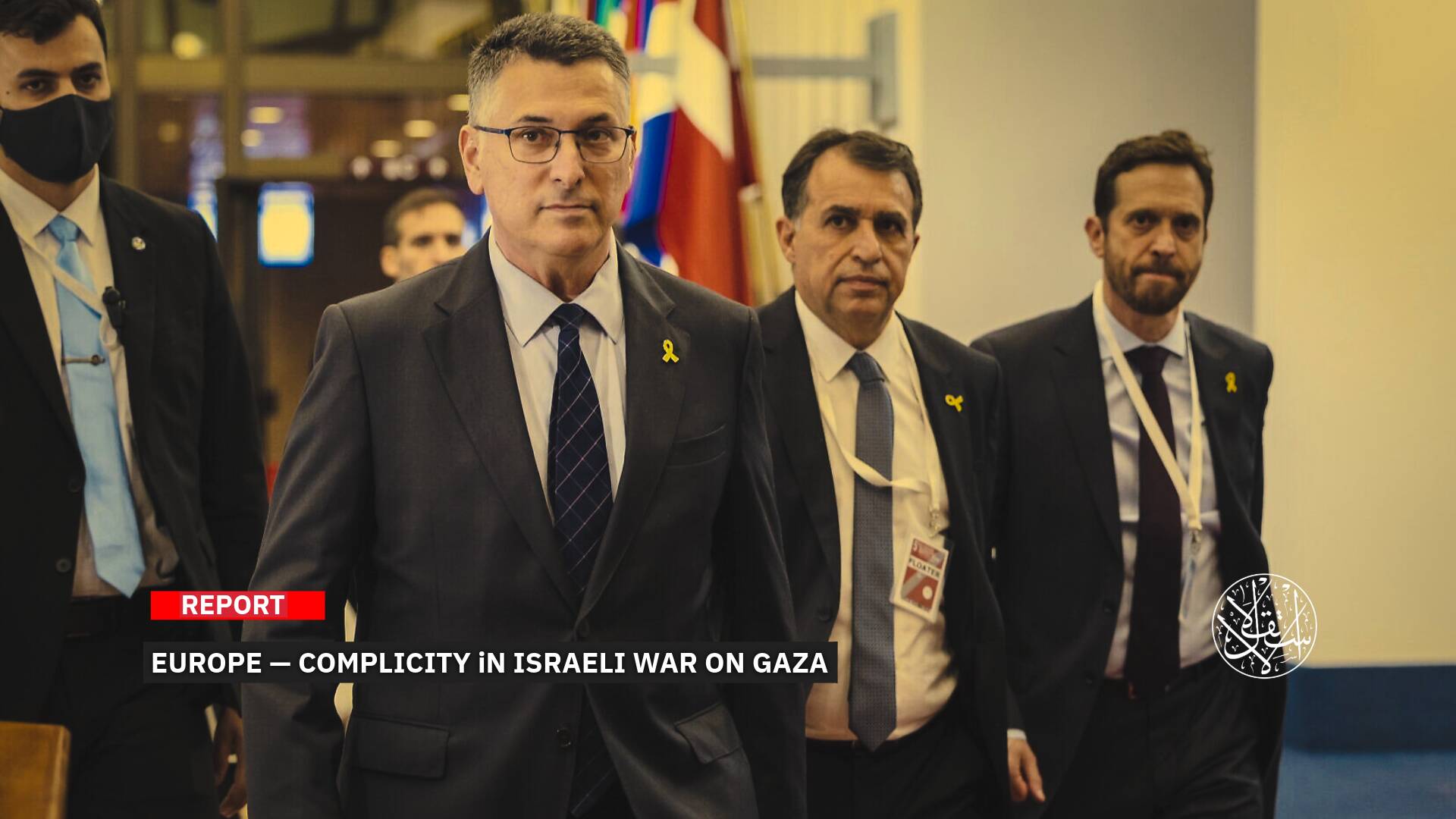Merz’s New Plan To Tighten Immigration and Curb Privileges for Syrians in Germany

Suspending family reunification deprives refugees of seeing their loved ones and may force them to return to their home country.
Germany’s new chancellor, Friedrich Merz, has once again turned his attention to the country’s refugee policies—this time by targeting Syrians with fresh proposals aimed at tightening restrictions.
Merz, leader of the Christian Democratic Union (CDU), has floated a new idea to reduce the number of refugees in Germany.
The move comes despite the failure of his earlier efforts to curb irregular migration before taking office on May 6, 2025.

Subsidiary Protection
Merz argued that Syrians granted subsidiary protection could now return home and take part in reconstruction efforts, citing what he described as a shift in the country’s security conditions.
“We’re talking about a group of refugees with temporary residency—particularly Syrians—many of whom can return to several areas in their home country,” he said. “And that’s something we actively encourage.”
The debate centers on individuals granted “subsidiary protection”—a status that falls short of full asylum or refugee protection.
These individuals are not recognized as refugees, yet cannot safely return home due to the risk of serious harm, such as the threat of execution, torture, or ongoing armed conflict.
In an interview with ZDF aired on May 29, 2025, Chancellor Merz stressed that Germany’s right to asylum remains intact for those who can prove they genuinely qualify.
Merz added that the vast majority of the population supports the federal government’s tougher stance on migration and asylum policy.
His remarks came just a day after the government approved plans, on May 28, 2025, to restrict family reunification for certain migrants for a period of two years.
The new measures specifically target those under “subsidiary protection” rather than full refugee status.
Commenting on the plans, Interior Minister Alexander Dobrindt told reporters the new rules mark “a decisive day” in efforts to curb irregular migration.
Dobrindt stressed that the move would help “ease the pressure” on local councils tasked with supporting and integrating new arrivals.
He noted that a similar measure was implemented between 2016 and 2018 in the wake of the European migration crisis.
On the same day—May 28—Berlin also scrapped a key reform introduced by the previous center-left government under former Chancellor Olaf Scholz.
The overturned policy had allowed certain migrants to apply for citizenship after just three years of residency, provided they demonstrated “notable success in integration.”
The minimum residency requirement will now be raised to five years. The interior minister argued that the new measures will help reduce the “pull factors” for migrants attempting to enter Germany through irregular channels.
Germany is home to the largest Syrian diaspora in Europe, having taken in around one million refugees following the outbreak of the Syrian uprising in 2011.
The decision to suspend family reunification has come as a heavy blow to many Syrians holding subsidiary protection status, with some waiting as long as four years to be reunited with their families. The news, for many, was met with deep shock.
Currently, many Syrians with subsidiary protection status are still waiting to reunite with their spouses and children, who remain in countries like Lebanon, Turkiye, and Jordan.
German consulates in those countries operate on a queue-based system, processing family reunification cases in the order they were registered before issuing travel visas to join relatives in Germany.
The decision to suspend family reunification has upended the plans of Syrians with subsidiary protection, many of whom had been hoping to bring their families to Germany, even after the fall of al-Assad regime on December 8, 2024.
As of 2024, Germany hosted around 350,000 individuals with subsidiary protection status.
The vast majority are Syrians, alongside significant numbers of Afghans, Iraqis, and Eritreans.

Right-Wing Pressure
In this context, Syrian journalist Mohammed al-Lakoud, who resides in Germany, told Al-Estiklal, “After the fall of the Assad regime, far-right parties saw a golden opportunity to push for the return of as many Syrian refugees as possible—especially as asylum requests have been frozen for those who arrived after Syria’s liberation.”
“The move to block family reunification for those under subsidiary protection had already been under discussion before Syria’s liberation. But the new German government made the decision to suspend it for political and electoral purposes—to exploit the refugee file and appease the far-right,” al-Lakoud said.
He went on to say that the far right “exploits the refugee issue heavily, especially amid ongoing rhetoric about crimes allegedly committed by refugees across Germany.”
“At the same time, the suspension of asylum applications has effectively shut the door on anyone considering crossing the sea this summer to reach Germany. This means that anyone arriving now is placed in camps without access to legal documentation.”
“The suspension of family reunification is a form of pressure on Syrians with subsidiary protection in Germany, encouraging them to return home. Currently, there is no law allowing them to visit their country, which means refugees are deprived of seeing their families and left with little choice but voluntary return.”
“One aspect of the family reunification freeze is to push those with subsidiary protection into entering the labor market,” al-Lakoud continued.
According to the Syrian journalist, this means there is only hope for family reunification if the individual changes their residency status in Germany or meets the requirements for German citizenship—only then can they legally reunite with their family. For those unwilling or unable to work, voluntary return remains the only option.
“Legally, family reunification for those with subsidiary protection is currently suspended in Germany,” al-Lakoud noted.
However, for the family reunification freeze to take full legal effect, it must first be approved by parliament and then by the 16 state legislatures.
This means the law requires approval from three bodies in the country before it can take effect.
The decision to pass or reject the measure is expected within two months, according to Al-Lakoud’s estimate.
So far, around 1,000 family members of those with subsidiary protection have been allowed to join them in Germany each month.
In 2024, 12,000 visas were issued out of a total of 120,000 eligible for family reunification under subsidiary protection.
The far-right Alternative for Germany (AfD) party has criticized the fact that 100,000 people will still be able to enter Germany in 2025 through family reunification.
Merz pledged before his election as chancellor to make migration a central issue for his government.
He sparked controversy after unilaterally deciding to turn back most asylum seekers arriving at Germany’s borders, a move that drew criticism from many partners.
However, European Commission President Ursula von der Leyen responded to Merz by saying, “Migration is a challenge that requires a joint European solution.”

Giving Up Generosity
The German chancellor promised not to act alone on the issue, stating, “I am a supporter of the European single market and the Schengen area, and I want to make this clear to all heads of state and government in Europe who may fear escalation.”
However, Alexander Throm, the interior policy spokesperson for the parliamentary CDU/CSU bloc, called for “subsidiary protection” to be subjected to immediate public scrutiny.
Throm, a member of parliament from Merz’s party, said, “This entire policy dates back to a time when war refugees were barely arriving in Europe. It’s time to review all these provisions and return to the core principles that the Geneva Refugee Convention was originally meant to uphold.”
He was referring to “subsidiary protection,” which, he argued in an interview with Euronews on May 26, 2025, allowed the EU to grant itself a “protection status not recognised under international law” for years.
“Given the current burden, generous family reunification is no longer an option; German municipalities will also have to provide additional housing, schooling, and healthcare for relatives arriving after us,” Throm said.
Just weeks before the German federal elections in late February 2025, Merz was forced to backtrack after his bold manoeuvre faltered; his attempt to win votes by launching a hardline immigration crackdown sparked rebellion within his own Christian Democratic Party.
Rather than establishing himself as a strong leader, Merz undermined the entire German political establishment.
His strategy involved breaking a longstanding taboo by relying on far-right nationalists to pass legislation for the first time in post-war Germany’s history.
The move split the centrist parties in the Bundestag, which usually rely on consensus, sparked large protests, and drew a rare public rebuke from former chancellor and former CDU leader Angela Merkel.
At the time, the German parliament rejected a bill to tighten immigration controls, proposed by Merz and supported by the far-right Alternative for Germany party.
The move was widely seen as a breach of the long-standing firewall separating the far right from the mainstream in Germany.
Following al-Assad’s fall, German officials affirmed their commitment to helping a new Syria rebuild its economy and contribute to reconstruction efforts.
In April 2025, the German government announced it was studying a new plan to allow Syrian refugees to visit their homeland without losing their protection status, subject to strict and specific conditions.
The move is seen as a preliminary step to encourage voluntary return.
A spokesperson for the German Interior Ministry said the aim of the legal amendment was to enable Syrians to “gain a realistic picture of the situation in their country — for example, whether their homes still stand or if their relatives are still alive.”
The ministry believes it is now possible to create a legal exception allowing refugees to visit their homeland without it being seen as evidence that the danger prompting their flight has ceased.
However, Berlin has yet to announce a formal mechanism for those wishing to return to make an initial visit to Syria and assess the possibility of their return without losing their asylum rights.
Since early 2025, a German diplomatic team has been based in Damascus to continue supporting Syria across various sectors, maintaining humanitarian aid, and advocating for further sanctions relief.
In statements to the press on June 2, 2025, German Foreign Ministry spokesperson Annika Clasen-Edris said Germany is prepared to fully support Syria’s transition and pledged €300 million to aid Syrians at the Brussels conference on Syria.


